If you loved the alternate history and space exploration themes of 'For All Mankind' (1989), you're in for a treat! This article highlights 10 similar movies and TV shows that capture the same spirit of adventure, political intrigue, and 'what if' scenarios. Whether you're a sci-fi enthusiast or a history buff, these picks will keep you hooked.
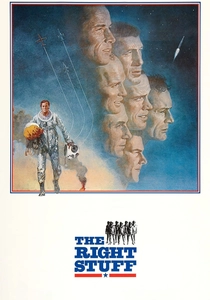
The Right Stuff (1983)
Description: This film captures the spirit of early space exploration, focusing on the bravery and determination of astronauts. It shares a deep dive into the personal and professional challenges faced by those who push the boundaries of human achievement.
Fact: The movie was based on Tom Wolfe's book of the same name, which itself was a detailed account of the Mercury Seven astronauts. It won four Academy Awards, including Best Original Score.
 Watch Now
Watch Now 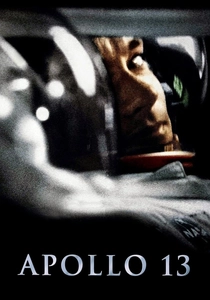
Apollo 13 (1995)
Description: A gripping tale of survival and ingenuity in space, this movie highlights the teamwork and problem-solving required to overcome life-threatening challenges during a mission.
Fact: The famous line 'Houston, we have a problem' was slightly altered from the actual transmission for dramatic effect. The film used NASA's reduced gravity aircraft to simulate weightlessness.
 Watch Now
Watch Now 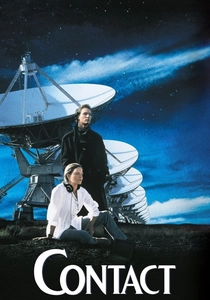
Contact (1997)
Description: This film explores the search for extraterrestrial intelligence and the personal and philosophical questions that arise from such a discovery, blending science with deep human curiosity.
Fact: Based on Carl Sagan's novel, the movie incorporates real scientific concepts and theories. The Arecibo Observatory, featured in the film, was later used in actual SETI research.
 Watch Now
Watch Now 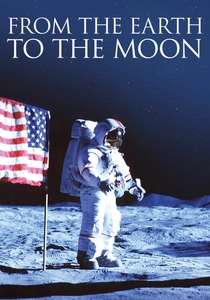
From the Earth to the Moon (1998)
Description: This miniseries provides a comprehensive look at the Apollo program, blending historical accuracy with human drama to explore the triumphs and tribulations of lunar exploration.
Fact: Tom Hanks, who starred in Apollo 13, served as an executive producer and narrator for this series. It won multiple Emmy Awards, including Outstanding Miniseries.
 Watch Now
Watch Now 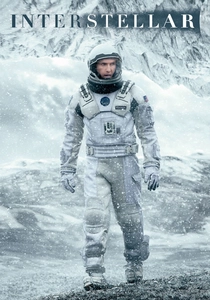
Interstellar (2014)
Description: A visually stunning exploration of space travel and its emotional and physical toll, blending hard science with deep human connections and existential themes.
Fact: The black hole depicted in the film was created with the help of physicist Kip Thorne, resulting in scientifically accurate visualizations. The movie won an Oscar for Best Visual Effects.
 Watch Now
Watch Now 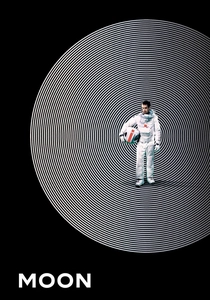
Moon (2009)
Description: A psychological sci-fi drama that examines isolation and identity through the story of a lone worker on a lunar base, offering a thought-provoking take on space exploration.
Fact: The film was made on a relatively low budget but received critical acclaim for its storytelling and visual style. It won the BAFTA Award for Outstanding Debut by a British Writer, Director, or Producer.
 Watch Now
Watch Now 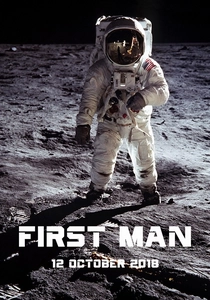
First Man (2018)
Description: A biographical drama that delves into the personal and professional life of Neil Armstrong, offering an intimate portrayal of the sacrifices and pressures faced by astronauts.
Fact: The film used practical effects and real spacecraft to enhance authenticity. It features a score composed by Justin Hurwitz, who also worked on La La Land.
 Watch Now
Watch Now 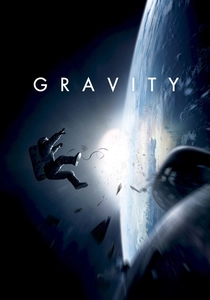
Gravity (2013)
Description: A tense and immersive survival story set in space, focusing on the isolation and danger faced by astronauts when disaster strikes.
Fact: The film was praised for its long, continuous shots, which were achieved through innovative cinematography and visual effects. It won seven Academy Awards, including Best Director.
 Watch Now
Watch Now 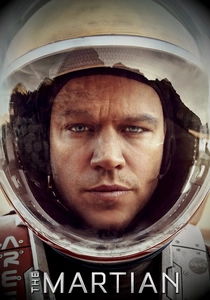
The Martian (2015)
Description: This movie combines science and survival in a story about an astronaut stranded on Mars, showcasing human resilience and the power of scientific problem-solving.
Fact: The author of the original novel, Andy Weir, initially self-published the story serially on his blog. NASA consulted on the film to ensure scientific accuracy.
 Watch Now
Watch Now 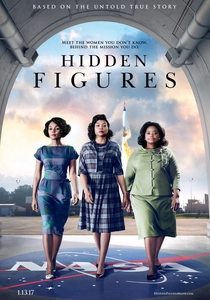
Hidden Figures (2016)
Description: Focusing on the untold stories of the women who played crucial roles in the space race, this film emphasizes the intersection of science, perseverance, and social change.
Fact: The movie is based on the non-fiction book by Margot Lee Shetterly. It was nominated for three Academy Awards, including Best Picture.
 Watch Now
Watch Now 








